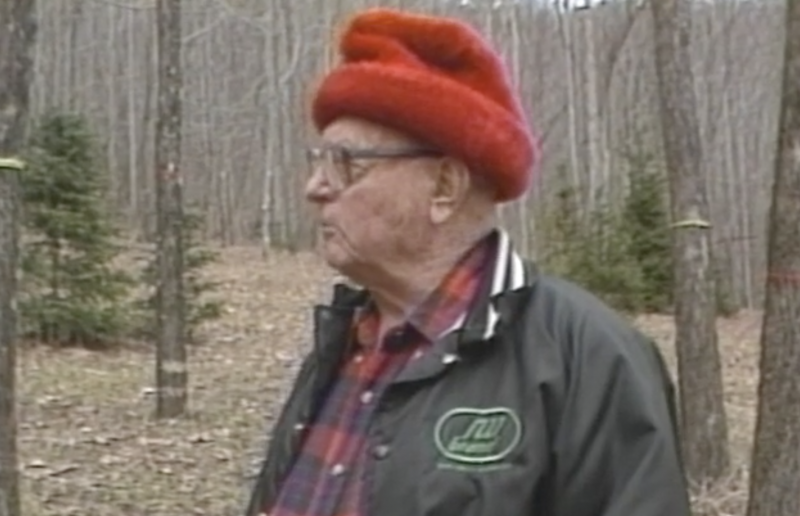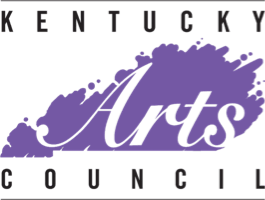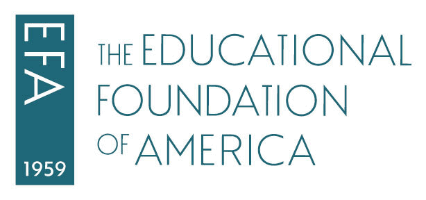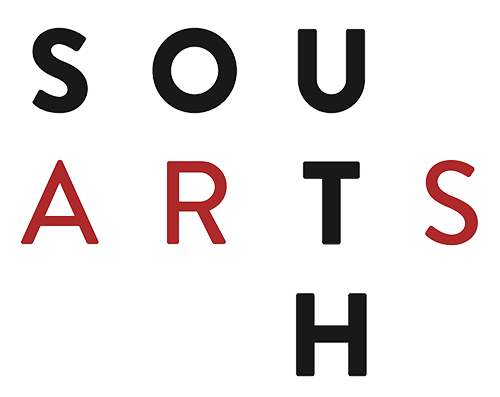
Ready for Harvest: Clearcutting in the Southern Appalachians
- Anne Lewis
- 1994
 Color
Color- 29:25
- 3/4" U-matic video
Film Description
Forests in southern and central Appalachia been extensively logged since the 1800s, now sold by the U.S. Forest Service for well below market value on public tracts of land that are typically clear cut in their entirety. Ready for Harvest features the U.S. Forest Service's promotion of management practices that discourage growth of non-commercial species, such as dogwood and red maple, and timber companies, who cite the Forest Service’s expertise to harvest trees primarily by clear-cutting because it is more economical than selective cutting. The film also interviews Walton Smith, who has practiced sound forest management techniques for more than 60 years; Betty Ballew, whose community was dislocated because other people wanted to use the land for their own purposes; and Chuck Crow, a Cherokee man who has seen the short-term gains and long-term losses to communities when the forests that surround them are stripped of trees. Mary Kelly, an ecologist, explains the importance of biological diversity to a healthy ecosystem. Ready for Harvest explores the complex questions of how we use and protect our native forests.Screenings & Festivals
- North American Association for Environmental Education Film Festival
- San Francisco Environmental Film Festival
- Charlotte Film Festival
- EarthPeace International Film Festival
Not yet preserved.
To support the work of preserving and safeguarding the collections, please consider designating a donation to Appalshop Archive.
Reviews
“Factually sound and emotionally stimulating.” — Forest Reform Network
“Brings fresh insight into the shady dealings of the U.S. Forest Service.” — San Francisco Environmental Film Festival
“Excellent.” — Kentucky Division of Forestry
“Should motivate all viewers to help stop the forest destruction happening in their own backyards.” — West Virginia Library Commission

















